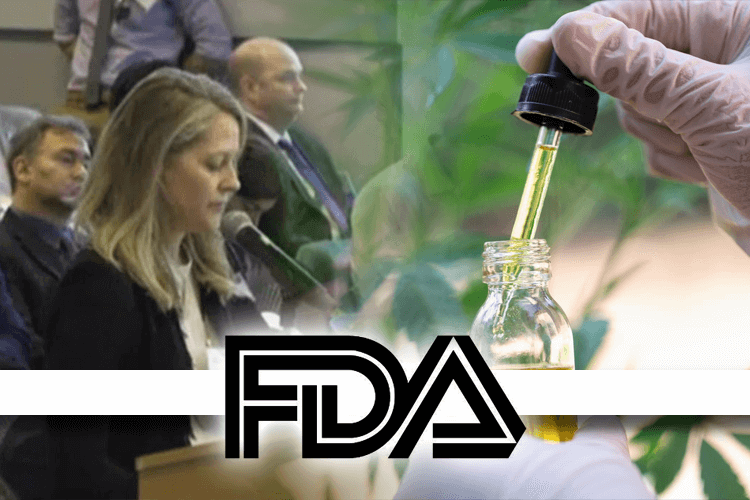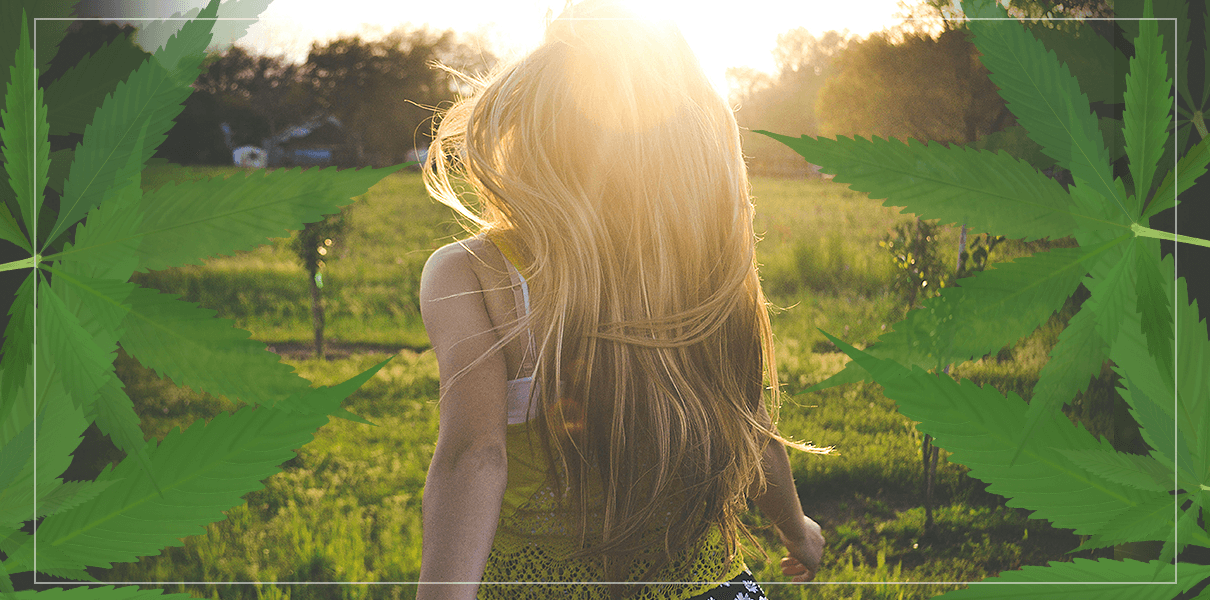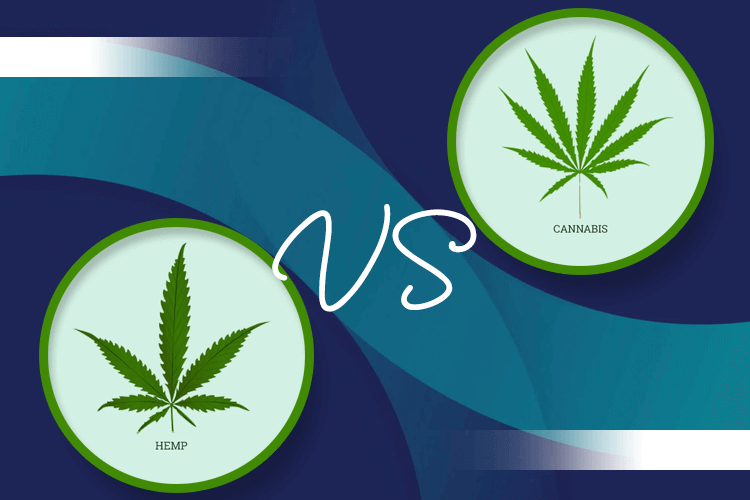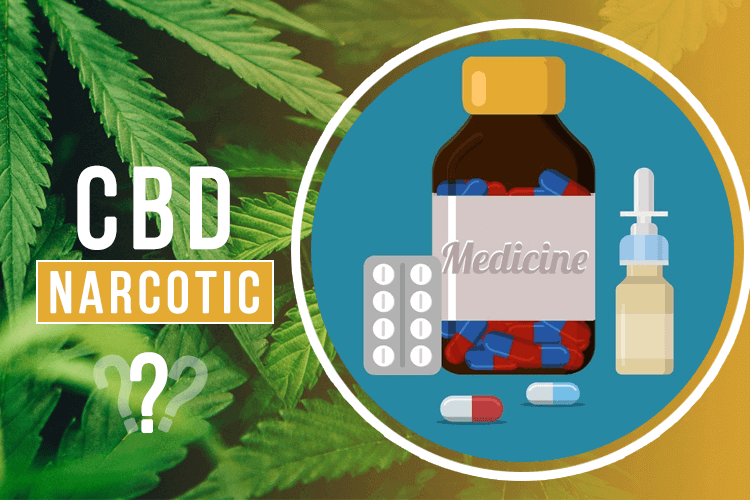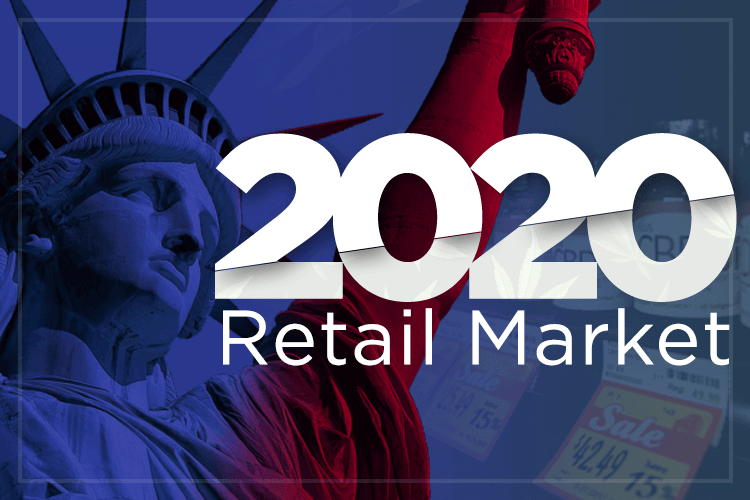Since May 31st, 2019, the FDA (Food and drug administration) has been holding a series of public hearings on the CBD market and its future. These hearings are to determine what controls should be put in place since these are ingestible products.
What are the reasons behind the hearings, and what is the FDA looking for?
“The Food and Drug Administration is responsible for protecting the public health by ensuring the safety, efficacy, and security of human and veterinary drugs, biological products, and medical devices; and by ensuring the safety of our nation’s food supply, cosmetics, and products that emit radiation” (Source FDA.gov)
From its mission statement above, we know that the FDA’s mandate is to protect the public from issues concerning their health, including any foods, drinks, inhalants, drugs, or supplements.
This also entails the gathering of information so that they can make informed decisions.
Why is the FDA holding hearings?
The FDA was gathering information on the recently legalized cannabis market.
In late 2018 the Agriculture Improvement Act of 2018, which is often termed the Farm Bill, was passed into law.
Of note in this bill was the legalization of hemp growing and the removal of hemp as a Schedule I controlled substance.
Essentially making hemp legal in the US, and after that, the industry is booming. The fast growth of the sector means the watchdog has to be more vigilant in its regulation and alleviate any public concerns.
The FDA regulates the industry through the Food, Drug, and Cosmetic Act (“FD&C Act”) and Section 351 of the Public Health Service Act.
What concerns does the FDA have?
- The public understands Farm Bill 2018 and FD&C Act.
- Potential harm and side effects of CBD products
- Deceptive marketing and sales of unapproved CBD products.
- Quality Control
- Enforcement of existing laws.
Farm Bill 2018 and FD&C Act
- The Farm bill 2018 made hemp growth and sales legal in many states at the federal level, but most states still have their laws on the books. For example, Indiana, in March 2018, legalized the sale of CBD products as long as they contained less than 0.3% THC and had the correct labeling on marketing materials and bottles. Similarly, in August 2018, Ohio reiterated that sales of CBD oil were illegal unless it was through the state’s medical-marijuana program.
- The FD&C Act is the law that governs the FDA enforcement of specific rules concerning the sale and marketing of particular products for the health and wellbeing of US citizens. While hemp was legalized by Farm bill 2018, the law preserves the FDA’s authority over cannabis and its related products.
Potential harm and side effects of CBD products
The FDA lacks comprehensive data on the use and side effects of CBD and other cannabis-related products. Because hemp is not legal and available to the masses, we need more information on how to use it safely. The FDA requires these questions answered like the ones below.
- What are the effects if you take CBD every day for long periods?
- How much do you have to take to trigger known risks
- Does it matter how you consume it for safety reasons?
- How does CBD affect the developing brain, if kids consume it?
- What risks does CBD pose to a pregnant or breastfeeding mom?
- Can CBD interact adversely with herbs and other plant materials?
- Male reproductive toxicity happens to animals who take CBD; does the same happen to humans?
- What happens if you use multiple products that have CBD in them in a single day?
- How much is CBD absorbed through the skin from a cream?
- How does CBD affect the elderly?
- How does CBD affect pets that might come into contact with a human user? For example, a pet eating human food infused with CBD.
Known potential risks of CBD Products
While, for the most part, CBD products are safe to use, they are 100% foolproof, and these are some of the potential risks, according to the FDA.
- CBD may cause Liver injuries, so anyone at risk of Liver disease should be careful when using them.
- CBD may affect other prescription drugs you’re taking and cause serious side effects. Talk to your physician before taking a CBD product. If you are on prescription medication.
- Using CBD with alcohol may increase the risk of sedation and drowsiness.
- Observe Caution when using CBD with other drugs that cause low brain activity, they increase the risk of drowsiness and impairment.
- Damage to a male’s fertility and or the male offspring is prevalent in studies of CBD use in animals. This may have the same effect on human beings.
Deceptive Marketing of CBD Products
CBD oil, which comes from hemp, is often on the market as a wellness product, and it is now legal in many US states.
The FDA prohibits the following through the FD&C Act:
- Any cannabis-derived product marketed for public consumption as therapeutic is illegal.
- If the product is from hemp, like CBD oil, it must first have approval by the FDA.
- The addition of any hemp products to dietary supplements is also illegal.
However, the FDA also recognizes any pathway of introducing cannabis-related products into the marketplace as legal.
With CBD becoming more and more prevalent, the FDA is concerned about those who try to market products as cures for any disease. Of particular concern is that person who will stop or prevent proper medical care because of an unproven claim from a CBD product.
Some CBD products are also on the market to pets without FDA approval. At the moment, the FDA is not approving any CBD products for pet consumption. They recommend that you talk to your veterinarian before feeding your pets any CBD products.
Quality Control
Because the industry is pretty much in its infancy, and the demand is rising rapidly. Manufacturing CBD products becomes a real concern. Tainted products are of genuine interest in the supplements industry. Many times someone does not know what other ingredients are going to be put in during the manufacturing process.
Without proper processing controls in place during CBD products manufacturing, it could have hazardous effects on the consumer.
Enforcing existing laws
These concerns are legitimate and need addressing. Because the FDA does not want to seem overhanded and punitive, they need industry participation on a framework. More times than not, their enforcement requires sending out warnings directly to consumers. Sending out cease and desist letters and forcing warning labels on products.
The hearing, its outcome, and what it means for the CBD market.
Attending the May hearing was a diverse group of people, including government officials, academic researchers, consumers, health professionals, retailers, and manufacturers. Nearly 400 people applied to present at the hearing for the 120 available slots.
During the 10 hours of testimony, many in the CBD industry participants urged the FDA team to figure out its rules for the industry sooner rather than later.
With a projected industry growth of 22 billion in five years, a lot is riding on the success of the sector, and the leading players fear the FDA might reverse course if the state of affairs continues.
Hemp growers state that the CBD market creates thousands of jobs and is an addition to the economy. CBD retailers provided evidence of patients with medical issues that found help from taking their products.
Health advocates, on the other hand, provided warnings on the dangers of not creating a framework for regulating the industry.
FDA Commissioner Stephen Hahn is concerned and stresses enforcement efforts that the agency is taking. He recently noted that it had issued warnings to a company claiming their products could cure cancer or Alzheimer’s disease. These are the highest risk areas he believes enforcement should concentrate on.
Now the good news
In March of 2020, the FDA finally tabled its report on the status of its framework for CBD products. In it, there was an indication that the agency was in consideration to allow CBD marketing as a dietary supplement.
The FDA, at the same time, moved to reopen the public participation period indefinitely.
According to the commissioner, they are looking to understand more what the right step is. Of concern is protecting the vulnerable community, including the elderly, the young, and lactating mothers. Also, the protection of high-risk areas, including patients suffering from diseases like cancer or Alzheimer’s, is vital.
They would like to know if it’s better to create a legal framework or concentrate on enforcement.
He also was against creating an upper limit of the concentration of CBD elements in products. This was after consultation with other countries that have had similar issues.
FDA Regulation of CBD FAQ
Below are some of the common questions on the FDA’s current regulations and enforcement of CBD products.
1.What is Cannabis or Marijuana
Cannabis is a plant that contains more than 80 natural ingredients. The main active ones are THC, which is a psychotropic that makes you high and CBD, which is not.
How does Farm Bill 2018 describe hemp, and why is it important.
Farm bill 2018 legalized the growth of hemp and removed it from the Schedule I drugs list. This essentially makes it legal. It describes hemp as “the plant Cannabis sativa L. Part of the Cannabis plant that produces THC is still illegal.
2.Has the FDA approved any products containing CBD?
Only one drug Epidiolex, which treats severe forms of childhood epilepsy, has FDA approval.
3.Why hasn’t the FDA approved more products containing CBD?
The study of CBD in clinical settings, and its results is what allows the FDA to approve drugs and other related products. While some studies are continuing, none are comprehensive enough or at the results stage. Once scientists achieve this, then the FDA will approve more CBD drugs.
4.But have some states legalized the selling Marijuana for medical purposes?
The states that have made selling medical marijuana legal are doing it without FDA approval, and this is very concerning to the agency.
5.Is it legal to sell CBD products?
Yes, at the federal level, the sale for CBD products is legal, but you have to check your state law governing the sale of CBD.
6.Is it Legal to buy CBD products?
Yes, in many states, it is legal to buy CBD products, but it depends on state law. Other states have specific rules governing the purchase of CBD products. Check with the law before buying or selling CBD products.
7.Can CBD products be sold as dietary supplements?
At the moment, CBD products cannot be sold as a dietary supplement, but the FDA is leaning towards allowing this soon.
8.Can any of the following things be added to human food? Hulled hemp seed, hemp seed protein powder, and hemp seed oil.
Yes, you can add Hulled hemp seed, hemp seed protein powder, and hemp seed oil to human foods. The FDA has no determination on this, but they do not explicitly ban it either.
9.What is the FDA’s position on the use of CBD products in cosmetics?
According to the FDA, cosmetic products and ingredients do not require premarket approval except for most color additives.
10.What should I do if a child accidentally eats a product with CBD?
Apart from hemp seed products discussed in question 9, which are safe. A child who accidentally ingests a CBD product should go to the emergency room.
11.Are CBD products safe for animals?
Extensive testing for animal consumption is continuing, so at the moment, the FDA does not recommend you feed CBD products to pets.
According to the commissioner banning CBD products was a “fool’s game,” which clearly shows that the industry is here to stay. And the FDA is willing to work with the players to make it a safe product for human consumption.

